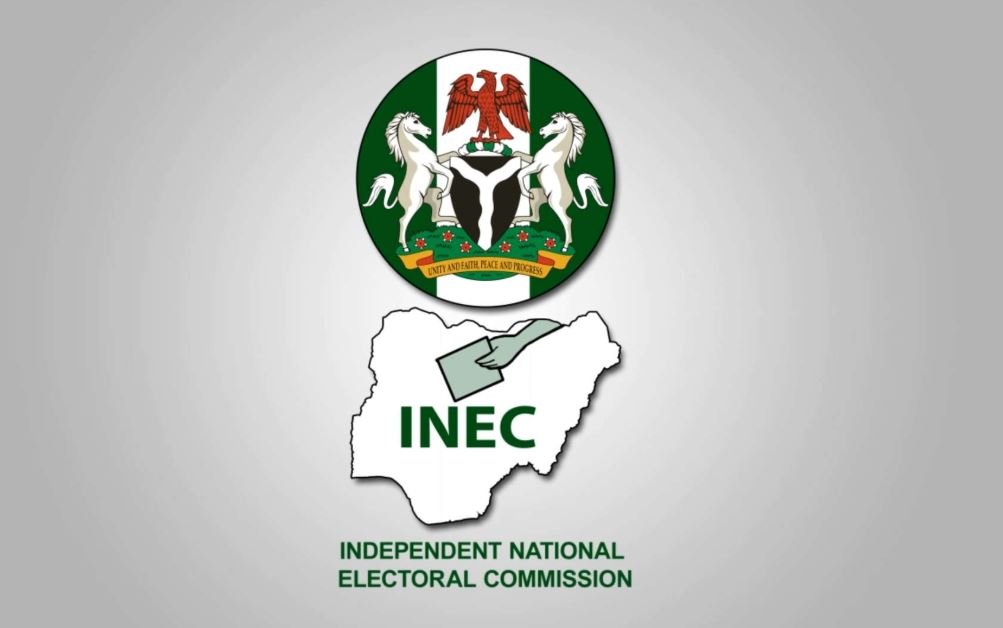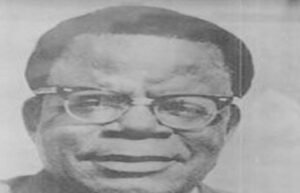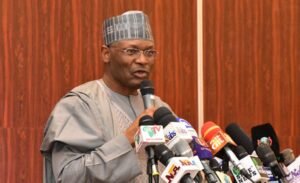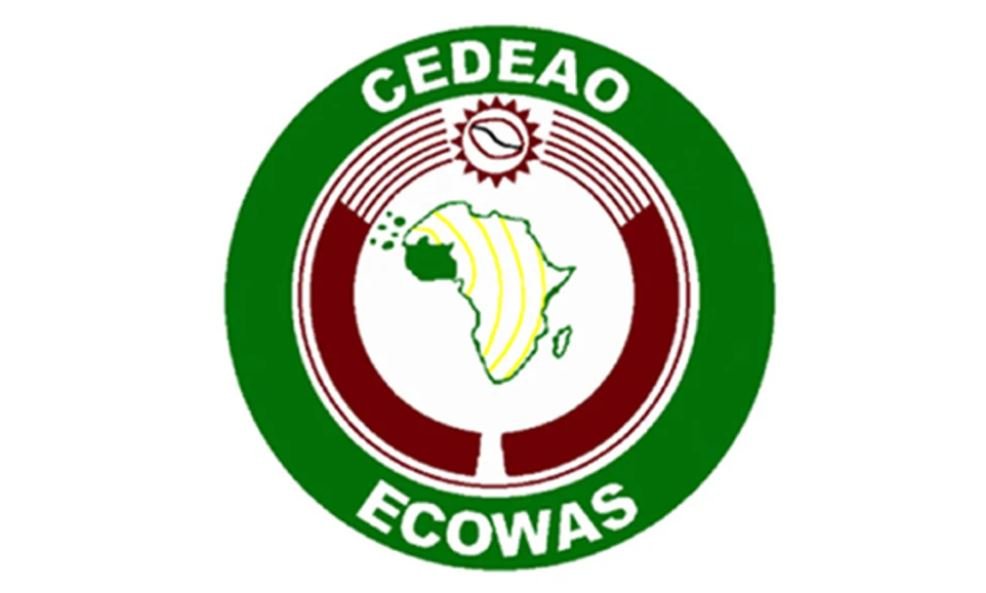
Complete List Of INEC Chairman From 1999 Till Date
This guide provides a comprehensive list of Chairman of the Independent National Electoral Commission (INEC) from 1999 till date.
The Independent National Electoral Commission (INEC) is the body in charge of organizing elections in Nigeria. It was created in 1998 before Nigeria moved from military to civilian rule.
However, before INEC, other electoral bodies, like the Electoral Commission of Nigeria (ECN), had handled elections since 1958.
INEC has been instrumental in organizing elections, including the ones in 1999 that brought Nigeria into the Fourth Republic.
READ ALSO: Complete List Of ECOWAS Presidents From 1975 Till Date
Complete List Of INEC Chairman From 1999 Till Date
No | Name | Term Start | Term End |
|---|---|---|---|
1 | Eyo Esua | 1964 | 1966 |
2 | Michael Ani | 1976 | 1979 |
3 | Victor Ovie-Whiskey | 1980 | 1983 |
4 | Eme Awa | 1987 | 1989 |
5 | Humphrey Nwosu | 1989 | 1993 |
6 | Okon Uya | June 1993 | November 1993 |
7 | Sumner Dagogo-Jack | 1994 | 1998 |
8 | Ephraim Akpata | 1998 | 2000 |
9 | Abel Guobadia | 2000 | 2005 |
10 | Maurice Iwu | 2005 | 2010 |
11 | Attahiru Jega | 2010 | 2015 |
12 | Mahmood Yakubu | November 2015 | Present |
Who Was The First Chairman Of INEC?

The first chairman of the Independent National Electoral Commission (INEC) in Nigeria was Eyo Ita Esua. He served from 1964 until 1966. Esua was born on January 14, 1901, in Cross River State, Nigeria, and he passed away on December 6, 1973, at the age of 72.
Esua also had a career as a teacher, and he was a key figure in the Nigeria Union of Teachers (NUT), where he became the first full-time general secretary in 1943.
Esua was from the Efik ethnic group in Calabar, and his leadership qualities were well-recognized throughout his career.
During his time as the chairman of the Federal Electoral Commission, Esua oversaw notable elections, such as the December 1964 general election.
Unfortunately, the elections were controversial. Two members of the commission disagreed with Esua’s decisions and resigned in protest.
These issues contributed to the pressure and unrest in Nigeria at the time. Esua also conducted the 1965 Western Region election, which was plagued by violence and disputes between political parties.
Before these elections, Esua himself admitted that the commission could not guarantee a free and fair election. The controversial elections were considered a big factor in the military coup of January 1966, which led to the rise of Major General Johnson Aguiyi-Ironsi as the head of government.
READ ALSO: What Is The Meaning Of EFCC And Its Functions?
Who Is The Chairman Of INEC?

The current chairman of the Independent National Electoral Commission (INEC) in Nigeria is Mahmood Yakubu, who took office on November 9, 2015, after being appointed by President Muhammadu Buhari.
He took over from Amina Zakari, who had been serving as the acting chairman of INEC. Mahmood Yakubu was born in 1962 in Bauchi State, located in Northern Nigeria.
He started his education at Kobi Primary School and later attended Government Teachers College in Toro. After completing his basic and secondary education, Yakubu went on to study at the University of Sokoto (now Usmanu Danfodiyo University).
He became the first, and still the only, person from Northern Nigeria to earn a first-class degree in history from the university.
However, he continued his education abroad, first studying international relations at Wolfson College, Cambridge, earning a master’s degree in 1987.
Later, he pursued a doctorate in Nigerian history at the University of Oxford, graduating in 1991. His academic success was supported by scholarships from the Bauchi State Government, as well as the Commonwealth Scholarship from the Association of Commonwealth Universities.
Mahmood Yakubu was a professor of political history and international studies at the Nigerian Defence Academy before he became the chairman of INEC.
He was also the Executive Secretary of the Tertiary Education Trust Fund (TETFund) from 2007 until he was appointed INEC chairman.
While at TETFund, he established a National Book Development Fund, which supported professional journals. In addition, Yakubu contributed to the 2014 National Conference, having served as the Assistant Secretary for Finance and Administration.
His career has also earned him recognition, such as an honorary fellowship with the Nigerian Institute of Public Relations in 2013.



Thats great prof.Mahmud Yakubu keep on doing good work your reward is in heaven thanks